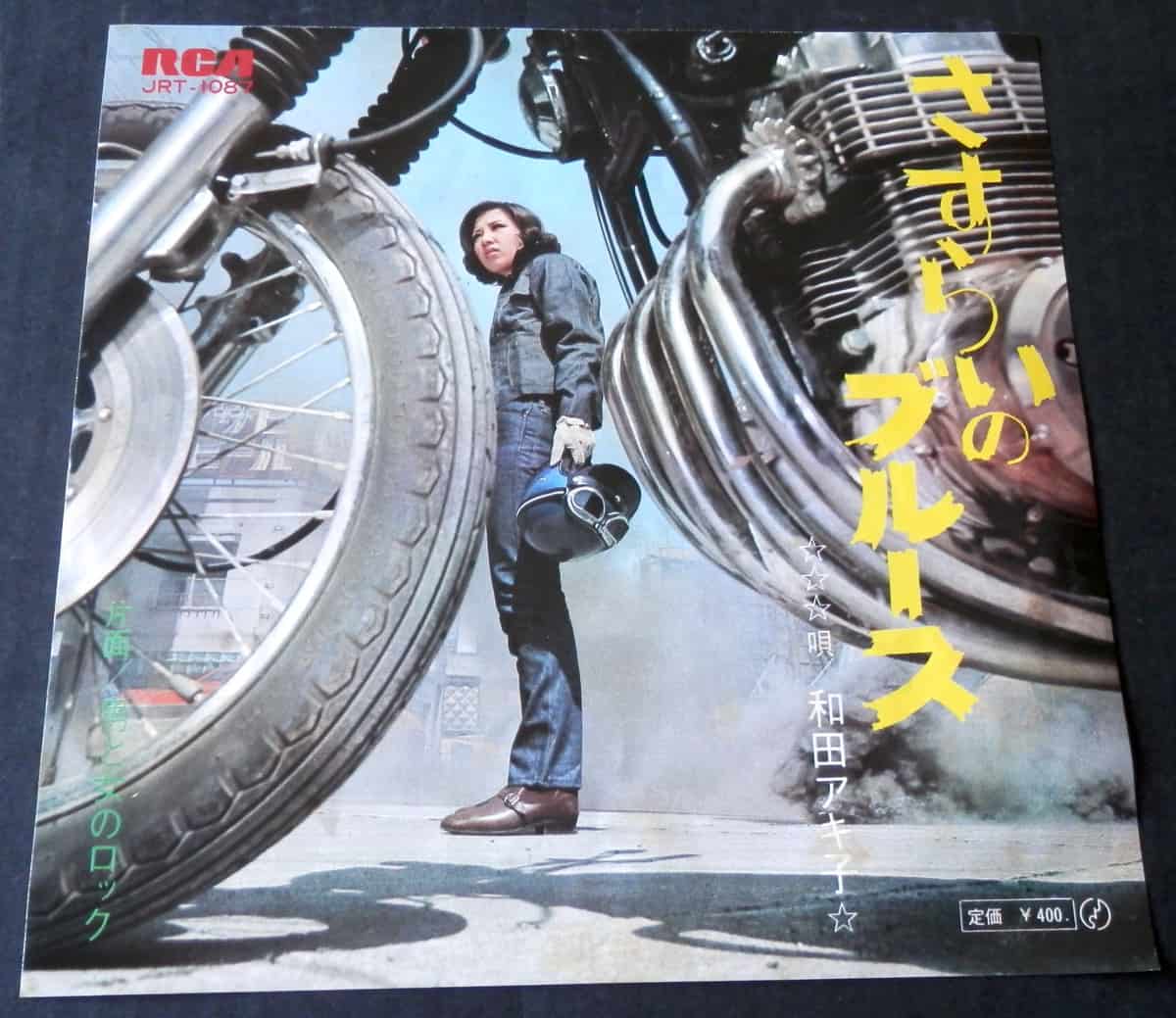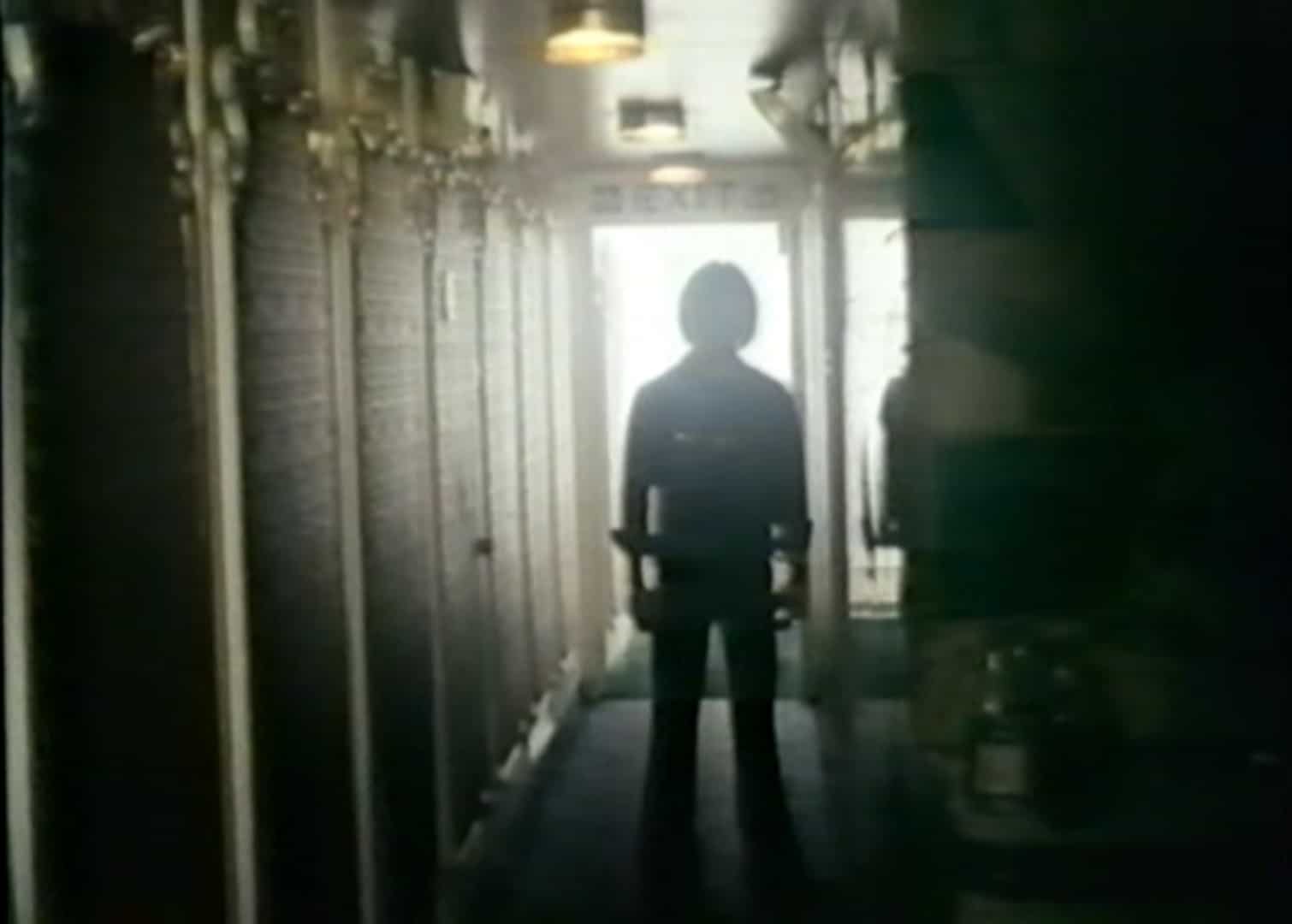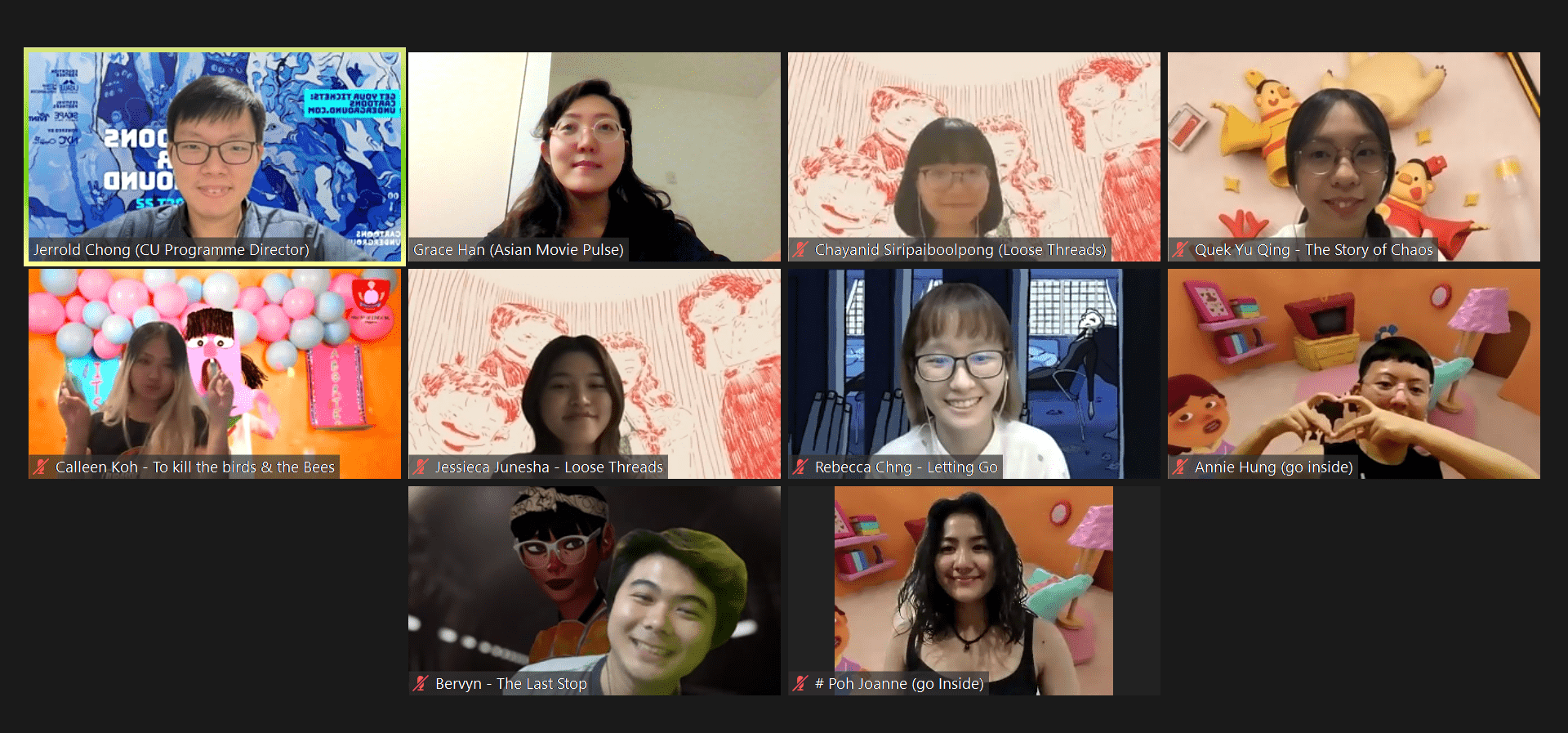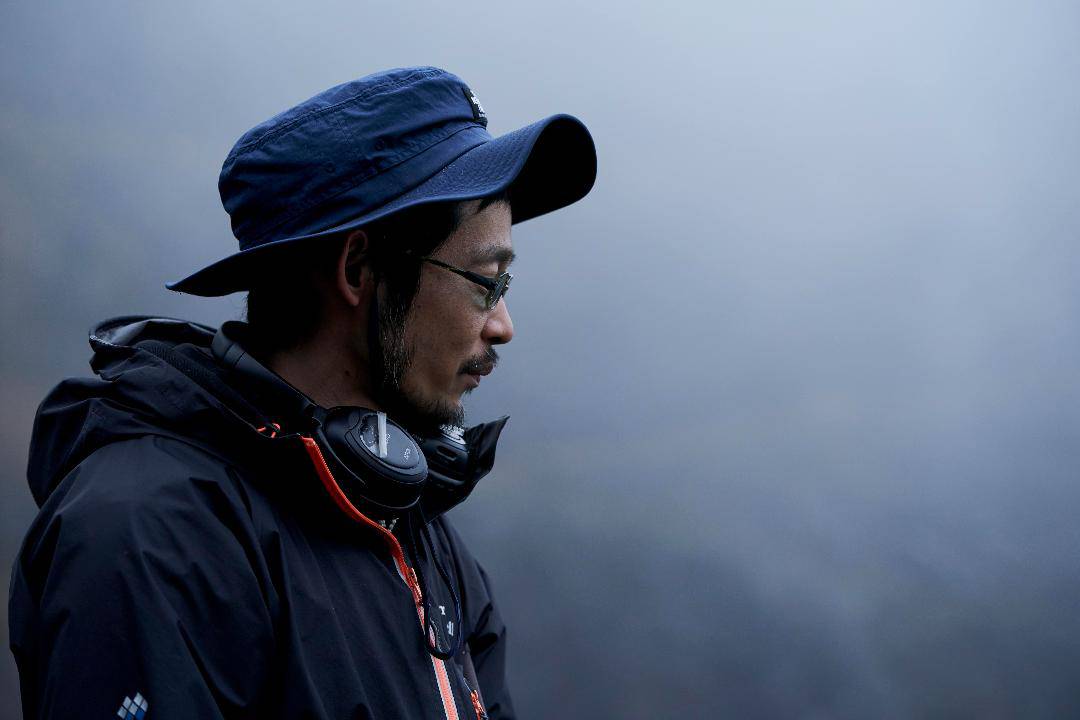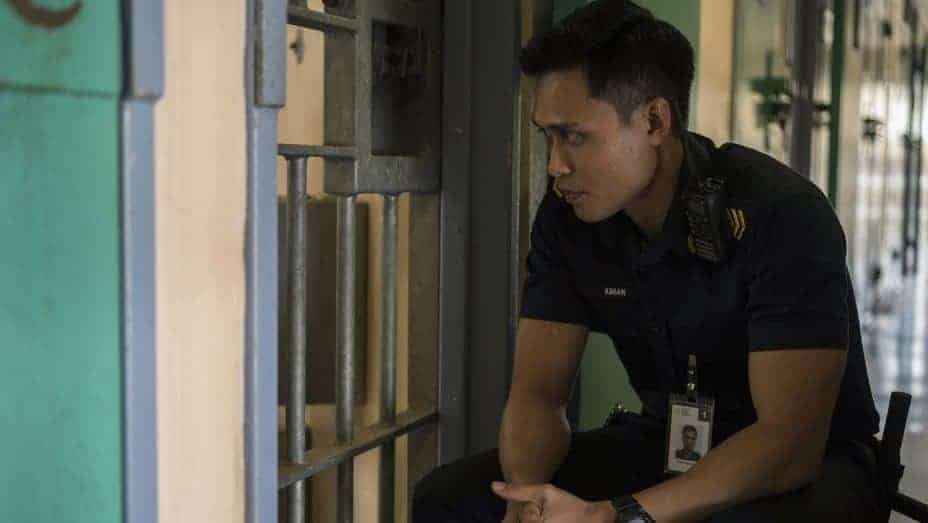The interview was initially conducted on May 2, 2018
Orson McClellan Mochizuki is a Japanese American actor born in Yokosuka, Japan but raised in Texas, U.S.A. to a African American father and a Japanese mother. He was trained in method acting at the United Performers Studio Academy and Fighting & Weapons Choreography at Worsal Action/Stunt Productions. He speaks both Japanese and English.
He started his career as an actor by participating in a number of shorts, and TV series, including “Girls”. His first feature film was Yuji Shimomura's “Re:Born“, and after that, he started his professional relationship with Anshul Chauhan, in two shorts (Soap, Kawaguchi 4256) and eventually “Bad Poetry Tokyo.” We speak with him about his life, studies and career, his cooperation with Chauhan and the crew of “Bad Poetry Tokyo,” and many other topics.
You were born in Japan but you were raised in Texas. How did these facts shape you as an individual and an actor.
My father was in the U.S military and when he finished his duties in Japan, our entire family moved to his hometown of Fort Worth, Texas, I was around 5 years old. The great thing about growing up in Texas or just in general the United States is you are not exposed to just one culture, but to hundreds of cultures. It leaves you with this multicultural, multilingual world view.
My up bringing, I don't want to say it was different because everyone's up bringing is different. But it was interesting. My typical day from the age of seven up until high school, was my father would wake my brothers and I up at 6:00am, we would then run a few miles around the neighborhood, after this we would do 100 sit-ups and push-ups, then we'd go to school. After school, we had three 3:00 minute rounds of punching and kicking the heavy bag, right after that a few rounds of sparring with my brothers. After this we would then climb a 3 stories high rope 10 times. Some days on top of all this we would have piano, guitar, singing, and drum lessons. Both my parents, strict but loving, were very big on discipline and preparing us. They always wanted to give my brothers and I the best chance at life.
How this shaped me as an individual and actor I can't really say, because I have nothing to compare it too. But if I had to think of something, I'd say it gave me a certain toughness. Especially in this industry where you're always being judged, I think a tough skin is good to have.
You were trained in method acting at the United Performers Studio Academy and Fighting & Weapons Choreography at Worsal Action/Stunt Productions. Can you elaborate about your studies?
I entered the United Performers Studio Academy (UPS) in 2013. What the school did so well was it taught me to be true to myself, especially with my emotions. I still have a lot to learn but I think to become an actor, one has to truly understand oneself.
Growing up in my particular neighbor, showing any form for vulnerability, whether it was sadness or a type of internal pain, it was seen as weakness and you would get teased and bullied for it. So I always had this “hard” stance, I always had my guard up.
During my time in UPS, my first few weeks were quite challenging. When I had to convey any form of those emotions, it was struggle for me. But little by little, with these mediation exercises, to these elaborate relaxation exercises, sense memory exercises, UPS really helped me understand human/my emotions and how to trigger my emotions. They really broke me down.
In regards to Worsal Action/Stunt Production, after receiving word that I had a supporting role in “Re:Born, they trained me for 6 months, 3 to 4 times a week. What they taught me was action choreography, acrobatics, and action acting. Action acting was the most interesting. I think many people over look action actors. To convey the emotion of pain and the certain types of pain is very difficult. Getting shot in the arm as apposed to getting stabbed in the arm, they are completely different levels of pain and to act that out using your entire body, it is unbelievable what these men and women can do. I have the upmost respect for them and learning from them was a great pleasure.
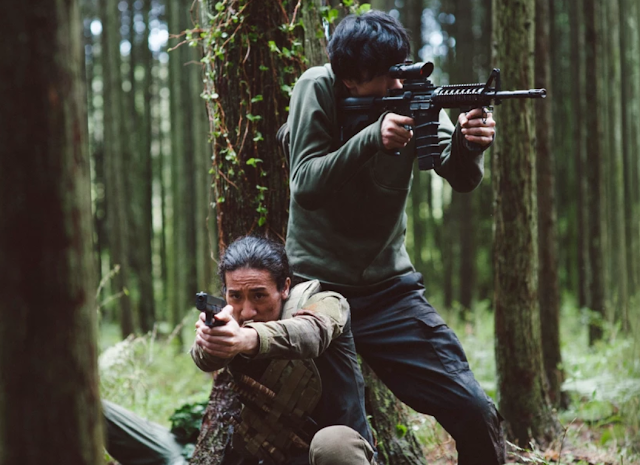
You have also played a part in RE:Born, one of the best action films of 2016. How did that came about, and can you tell us about the experience?
Not only was it a fantastic experience, it was quite nerve racking. “RE:Born” was not only my first feature but my first experience on a film on a fairly large scale. I had the great pleasure of working with one of Japan's accomplished action directors, Yuji Shimomura as well as sharing the screen with some of Japan's accomplished stars, Tak Sakaguchi, Saito Takumi, Shinoda Mariko etc.
In regards to how it came to be, it was an open casting call. The only difference was since it was an action film, during the audition, a stunt man showed us a small fight choreography, which then in a few minutes we would have to memorize and then do.
The shoot itself was tough. Just like shooting any other film where you would have to take multiple shot angles, in an action film you would do the same but with an entire fighting sequence. The fighting sequences can be from seconds long to a few minutes long. And if a punch or a kick was missed, or someone fell the wrong way, or if the camera didn't catch a certain reaction, you would have to re-do the entire sequence again. I broke some of my fingers and had multiple twisted and bruised muscles, but I had a lot fun.
Can you tell us about your TV parts? In general, what draws you to the parts you select?
I've had the opportunity to be a part of 2 TV programs. One was in 2013, a very small role on the American Travel Channel call “Expedition Unknown”, where I played a samurai name Honjo Shigenaga. The other, for one episode, a title role on the popular American TV show “Girls” on HBO. I played a very obnoxious character name Ryota, sharing the screen with stars Zosia Mamet and Hiro Mizushima.
In general, I love playing characters that are either complete opposite of me or something I've never done before. I think the great thing about being an actor is you are one person living multiple lives.
How did you meet Anshul Chauhan? Can you describe your cooperation in the three films you have collaborated?
My first encounter with Anshul was his first proper short film “Soap”. He posted a casting call online which I applied for. But before I did, I looked into his background and found out he was an animator. I thought to myself it would be interesting to work with one, little did I know, it would result to all of this.
I'm confident to say that I am one of few to witness his evolution firsthand. From “Soap” being this moderately eerie type of film shot mainly on tripod, to “Kawaguchi 4256”, a much darker film about family with a documentary feel, to “Bad Poetry Tokyo”, which I would describe as an accumulation of all that he's learned.
Personally, I think he is a mad genius. Anshul has forged his way into this world of film and he is someone to look out for. I am honored to call him a friend, work with him and look forward to one day doing something with him again.

In “Kawaguchi 4256” and in “Soap” you were the protagonist, but in “Bad Poetry Tokyo“, you had a supporting role, despite the fact that the cast remained the same. Did that bother you at all?
No not at all. Any opportunity that's given to me, big or small, I'm always grateful. And just the chance to work with Anshul, Shuna and Takashi again, I'm always on board.
Both “Kawaguchi 4256” and “Bad Poetry Tokyo” deal with abuse and the consequences of domestic violence. What is your take on these subjects?
I find any form of abuse disgusting. Too many times people react in complete ignorant and violent ways thus resulting in horrible endings. I believe domestic violence is too often swept under the rug, but in recent years there has been many strong individuals speaking out, resulting in a surge of awareness on this problem.
Taka, your character in BPT is actually the “villain”, although not in the traditional way, but kind of a “I don't care about the consequences of my actions” style. How did you feel about this role and how did you approach it? How did Chauhan guided you for the role? Why does Taka decide to go find Jun again, after all that has happened?
Taka was the most challenging role I've ever played. Anshul bestowed upon me a role that took its toll on me. I remember clearly the first thing Anshul told me about Taka and that was he wanted people to feel confused about him and ultimately to feel sorry for.
I think many people have this notion that individuals who are associated with this “world” (club world), to be this tough, aggressive, head strong individuals. If I did play Taka in this way, he would have been just a typical hot headed “gangster” or “villain” and the major feeling the audience would have for him would be hatred. Anshul and I wanted more than that. Yes what he did was horrible and unforgivable, but we wanted people to feel empathy for him, we wanted people to understand him, even if it's for a moment.
The great thing about working with Anshul is that he lets his actors explore their characters. The only real direction he gave me was that he wanted Taka to be a character that kept his emotions inside. Slowly, I started to create this character that was emotionally detached and distant. Someone who places walls between him and the people he has “relationship” with. Taka does care, but working and living in that type of environment, some people face the hardships head on while others shut themselves off.
Regarding why Taka decides to go find Jun after all that has happened, I think it's human nature. In our darkest moments, whether it's our fault or not, we always have that small voice, a “maybe there's a chance,” a “what if”.
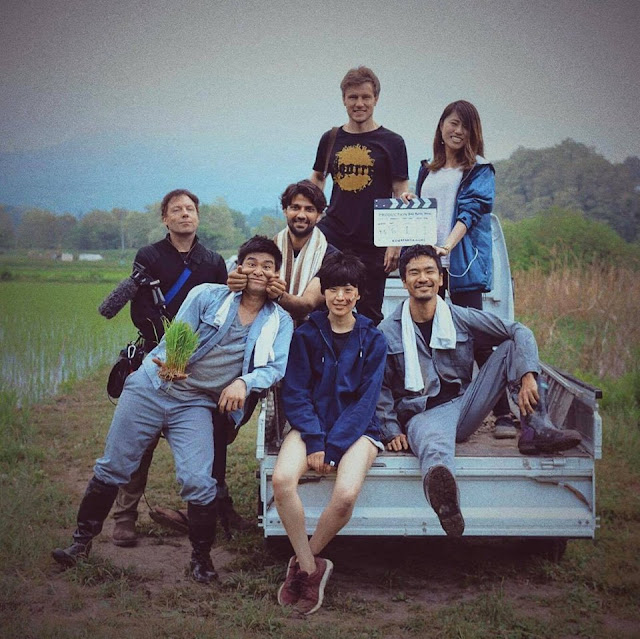
Looking back in its entirety, it was an unbelievable experience and I want to give immense gratitude and respect to this wonderful team:
Anshul Chauhan (Director & Writer)
Mina Chauhan Moteki (Producer)
Rand Colter (Co-writer)
Maksim Golomidov (Cinematogrpher)
Rob Mayes (Sound)
Zip King (Production Manager)
Gotal Bournier & Vieux Ralouf (Music)Shuna Iijima (Jun)
Takashi Kawaguchi (Yuki)
Nana Blank (Nana)
Kento Furukoshi (Ken)
Taichi Yamada (Bar Owner)
Kohei Mashiba (Father)
Takuzo Shimizu (Head Customer)
Shintaro Yonemoto (Taka's Friend)
Without every single one of these individuals and the extras, our supporters, anyone who had anything to do with this film, “Bad Poetry Tokyo” would not have been this transcendent film.
Can you tell us about your cooperation with Shuna Iijima and Takashi Kawaguchi?
Not only are they incredible actors, they are incredible individuals. Shuna and I actually worked on a short film before “Kawaguchi 4256”, but we did not “officially meet” until “Kawaguchi 4256”.
As for Takashi, “Kawaguchi 4256” was our first encounter together. He did a short film with Anshul called “What's Left of Us”, which I saw prior to meeting him. Takashi was very good in that.
Working with them from “Kawaguchi 4256” to “Bad Poetry Tokyo”, the transition was quite smooth. The only major difference was, of course, the characters we were playing. Both of these films are quite dark and in these types of films you have to know the people you are working with on a personal level.

In this world, you have people that you click with, people you have this certain connection with, Shuna and Takashi are those individuals. I am honored to know them, work with them and look forward to the day we all work together again.
What is your opinion of the Japanese movie industry at the moment?
Compare to a couple years ago, I believe Japan is slowly realizing the power and influence of the indie filmmaker/actors/actresses. Of course, studios always come back to the concerns of the financial return on their films, which I understand. But simply, Japan need to take risks, we have so many incredibly talented people with original stories to tell and Japan may miss them.
What are your plans for the future?
The plan is to give it a shot in the States one day. When that will be I am not to sure. I have a few projects in post and I also started writing scripts myself which hopefully one day will come into fruition. Other than that, just like every other hungry actor and actress; audition, audition, audition.



